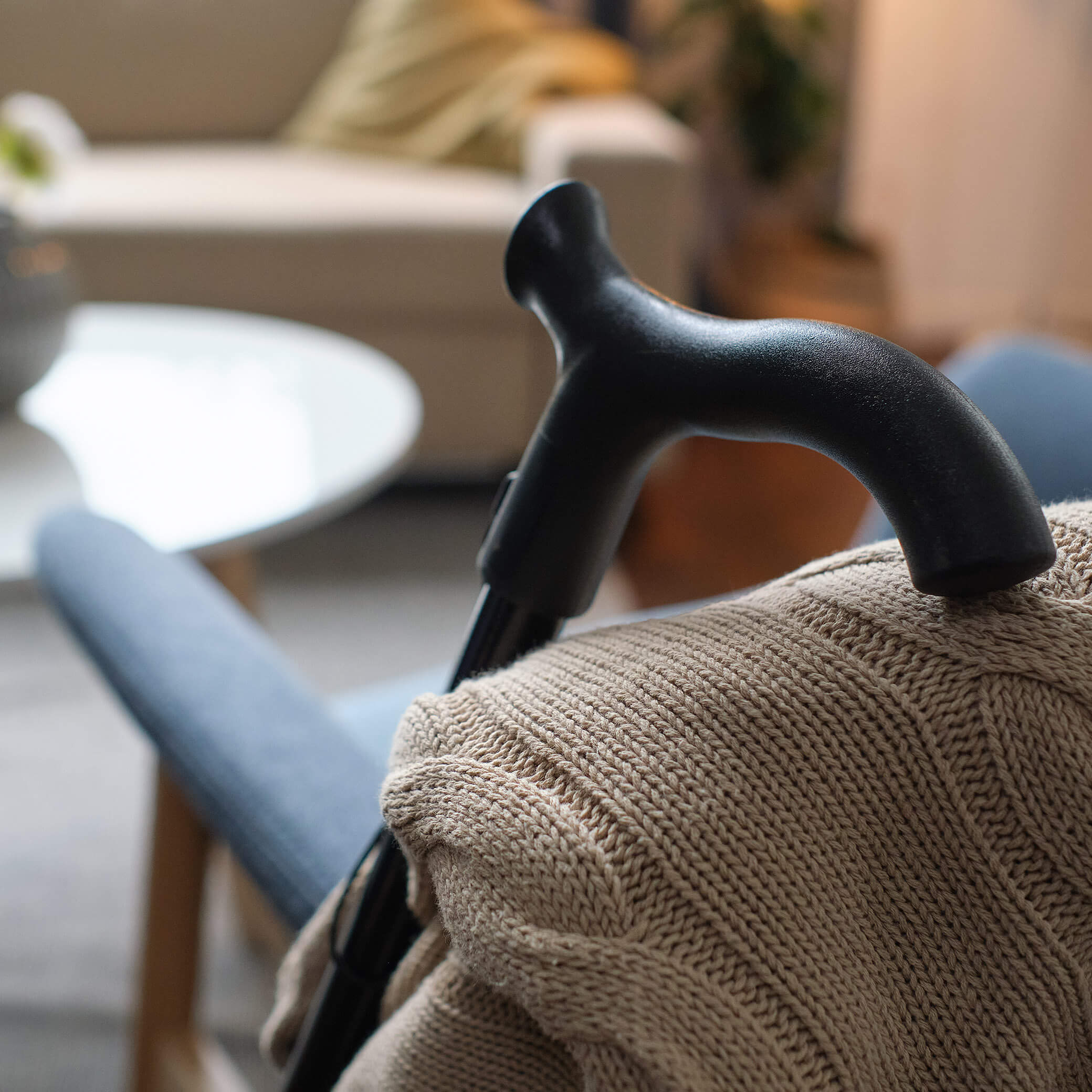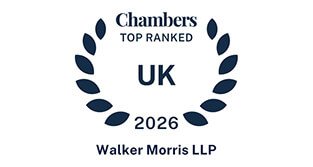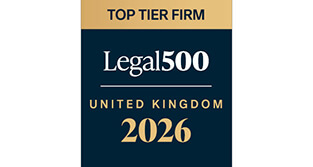Major changes to the sponsorship of migrant workers in the health and social care sector
15th September 2025
In July 2025, the Home Office published a Statement of Changes to the Immigration Rules which confirmed a number of changes being made to UK business immigration routes, as had been proposed in the Government’s White Paper in May.

These changes were the first of a number of changes set to be implemented over the course of this year and the course of the current government.
This Statement of Changes included a number of updates which specifically impact the health and social care sector, in particular, roles sponsored under SOC codes 6135 (Care Workers) and 6136 (Senior Care Workers).
Care sector: What are the changes?
End to overseas recruitment
Effective from 22 July 2025, employers in the care sector can no longer recruit employees for Care Worker and Senior Care Worker (roles under SOC codes 6135 and 6136) from overseas.
Extensions
Individuals who are already in the UK will be permitted to switch into the Skilled Worker route or extend their visas to carry out work under either SOC code until 22 July 2028. However, from this date the two SOC codes will be removed from the Immigration Salary List (ISL), meaning that employers will no longer be able to sponsor workers in these roles.
Workers can continue to extend their permission under SOC codes 6135 and 6136 provided:
- They’re in the same role they had when they initially entered the UK or were granted permission to stay;
- The role is in the same occupation code;
- They’re working for the same employer
- They meet the salary requirements.
Switching into the Skilled Worker route from other immigration routes, for example the Graduate route, will be permitted until 22 July 2028 provided that they can demonstrate that they have been legally employed by the sponsoring employer for at least 3 months prior to the date their Certificate of Sponsorship (CoS) is issued.
Dependants
Workers sponsored under SOC codes 6135 and 6136 can no longer be accompanied by dependants. This policy change was introduced to help reduce net migration in March 2024 and was reaffirmed in the Statement of Changes published in July 2025.
Other changes
- An increase in the general minimum salary requirement from £23,200 to £25,000. Employers who have sponsored employees under SOC codes other than 6135 and 6136 must carefully review the new salary thresholds as applying incorrect salary levels will result in application refusals.
- An increase to the skills requirement for sponsorship from RQF level 3 (A-level equivalent) to RQF level 6 (degree-level equivalent), meaning a number of roles are now no longer eligible for sponsorship (unless the worker was already in the sponsored work route prior to 22 July 2025). Roles that have been removed include 6131 Nursing auxiliaries and assistants, 6132 Ambulance staff (excluding paramedics) and 6133 Dental nurses.
Upcoming changes
Further changes to immigration rules and policy are expected, including:
English language requirements
The level of English required will increased from B1 to B2 for workers, and where there are adult dependants, an English language requirement will be introduced.
Settlement requirements
The minimum residence period for settlement is set to increase from 5 years to 10 years. The government hasn’t yet confirmed when this change will take effect or whether it will apply to individuals already on the route.
Immigration Skills Charge (ISC)
ISC fees are set to rise by 32%, increasing from £364 to £480 per year for small companies, and from £1,000 to £1,320 per year for medium and large companies. These changes are expected to be implemented later this year.
How can we help?
The healthcare sector has become increasingly reliant on the sponsorship of migrant workers over recent years to meet its recruitment needs, and employers in this sector will no doubt face significant resourcing challenges as a result of some of these changes.
Our dedicated Business Immigration team has been working with businesses in the sector to navigate the changes; please feel free to contact Shabana Muneer, Partner and Head of Business Immigration, and Ruth Jowett, Senior Associate, should you wish to discuss the issues raised in this article.









